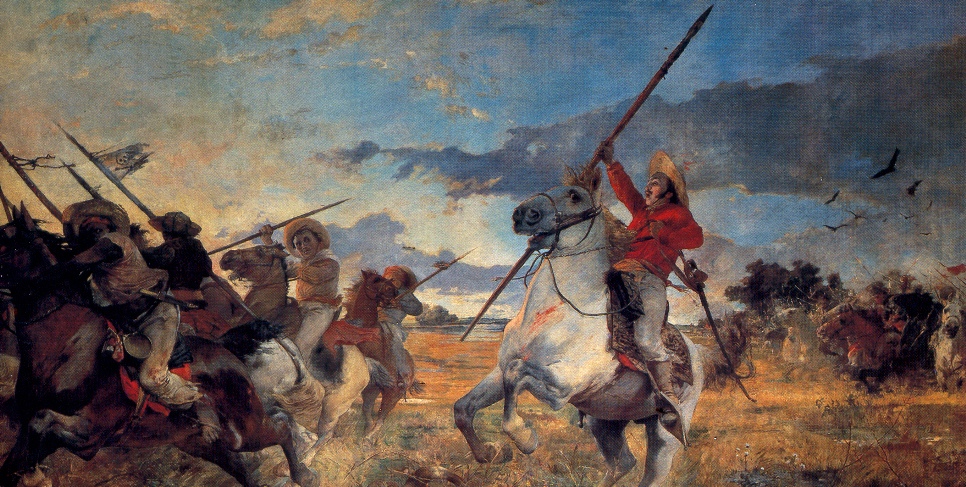
Latin America during the Age of Revolutions 1770-1830
Since 2019 and for the following few years many Latin American countries have celebrated and will celebrate the bicentennial of their Independence from Spain and Portugal. The events that led these countries to severe ties with the Spanish and Portuguese monarchies two hundred years ago remain momentous in the collective imagination of Latin Americans. However, the perspective on the era has changed significantly over the last decades. In the past historians perceived the movement towards independence as the consequence of the influenced exerted by the European Enlightenment and by the French and American revolutions on Euro-Americans (also known as Criollos or Creoles), eager to cut colonial ties. Accordingly, such influences fostered local nationalisms that crystalized in the formation of new nation states. In that story, independence was both inevitable and unsurprising. By contrast, most contemporary historians argue that the nationalistic frame is inadequate for grasping the forces at work below these unprecedented social and political upheavals and maintain that the outcome of the monarchical crisis was not predictable. The independence of Spanish American states was not written on stone. During the course we will examine the most pressing social and political conflicts of late colonial society, the crisis and collapse of the Spanish and Portuguese monarchies, and the challenges faced by the new Iberoamerican states as they assumed national sovereignty.
Since 2019 and for the following few years many Latin American countries have celebrated and will celebrate the bicentennial of their Independence from Spain and Portugal. The events that led these countries to severe ties with the Spanish and Portuguese monarchies two hundred years ago remain momentous in the collective imagination of Latin Americans. However, the perspective on the era has changed significantly over the last decades. In the past historians perceived the movement towards independence as the consequence of the influenced exerted by the European Enlightenment and by the French and American revolutions on Euro-Americans (also known as Criollos or Creoles), eager to cut colonial ties. Accordingly, such influences fostered local nationalisms that crystalized in the formation of new nation states. In that story, independence was both inevitable and unsurprising. By contrast, most contemporary historians argue that the nationalistic frame is inadequate for grasping the forces at work below these unprecedented social and political upheavals and maintain that the outcome of the monarchical crisis was not predictable. The independence of Spanish American states was not written on stone. During the course we will examine the most pressing social and political conflicts of late colonial society, the crisis and collapse of the Spanish and Portuguese monarchies, and the challenges faced by the new Iberoamerican states as they assumed national sovereignty.
- Teacher: Roberto Sebastian Brena Sanchez
- Teacher: Federica Morelli